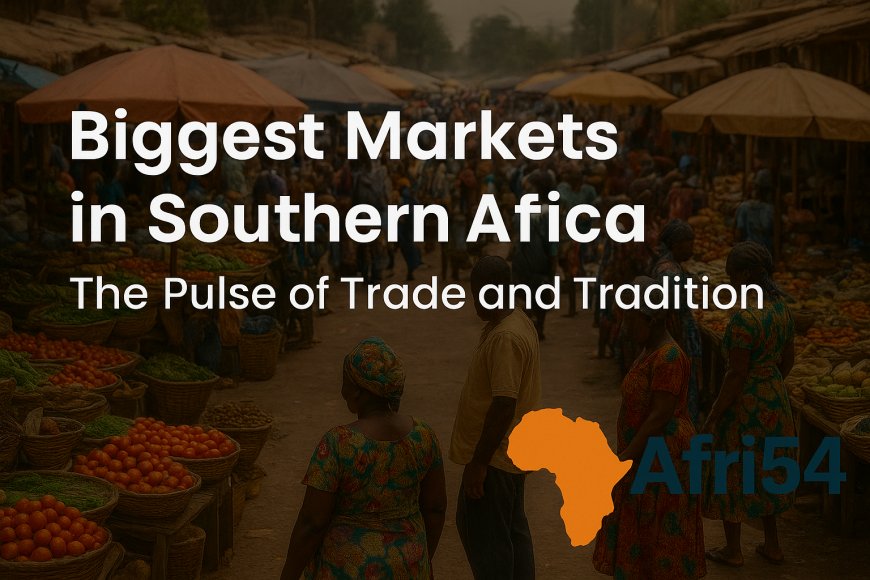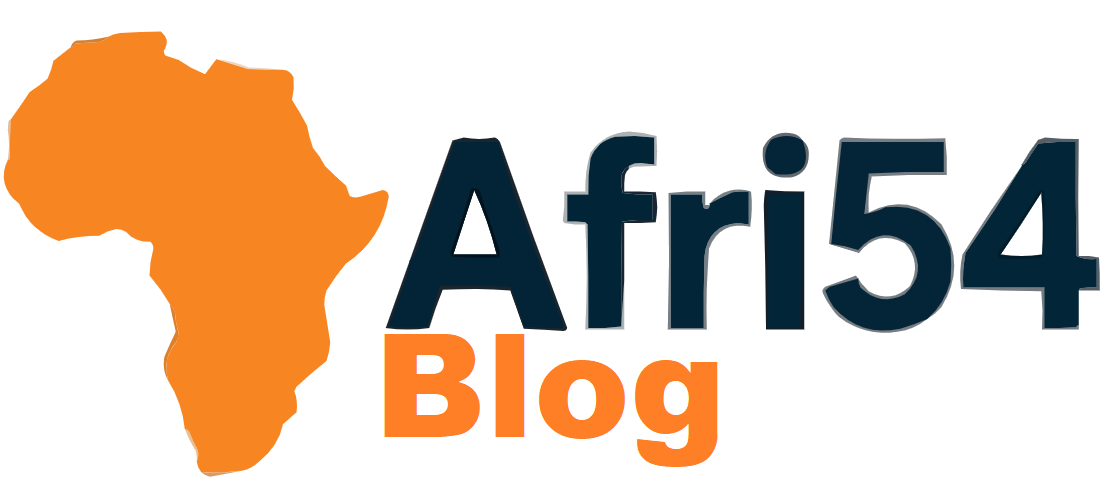10 Biggest Markets in Southern Africa
Explore the 10 biggest markets in Southern Africa — from Johannesburg Market and Durban’s Warwick Junction to Lusaka City Market and Manzini Market. Discover their role in trade, culture, and community.

Reading Time: ~9 minutes
Southern Africa is known for its rich culture, vibrant trade, and bustling markets that serve as hubs for food, fashion, crafts, and wholesale business. From the enormous markets of Johannesburg to the traditional craft centers in Lesotho and Namibia, these trading spaces are the heartbeat of commerce and culture in the region. Here’s a look at the 10 biggest markets in Southern Africa, ranked from largest to smallest.
1. Johannesburg Market (South Africa)
Known as the largest fresh produce market in Africa, Johannesburg Market supplies fruits, vegetables, and agricultural goods to millions of people daily. Covering over 65 hectares, it links farmers with local and international buyers, making it a key player in Southern Africa’s food economy.
2. Durban Warwick Market (South Africa)
Durban’s Warwick Junction is a cluster of about 9 different markets combined, attracting more than 460,000 shoppers daily. From spices, beads, and traditional medicine to crafts and street food, it’s one of the most diverse trading hubs in Southern Africa.
3. Mbare Musika Market (Harare, Zimbabwe)
Mbare Musika is Zimbabwe’s largest wholesale and retail market. It is the distribution center for farm produce across the country, offering maize, tomatoes, onions, and fruits in bulk. It also houses vibrant clothing and craft stalls, serving as a cultural landmark in Harare.
4. Lusaka City Market (Zambia)
The largest market in Zambia, Lusaka City Market has thousands of stalls selling everything from food to clothes, electronics, and handmade crafts. It is a melting pot of Zambian cultures, with traders and buyers from all over the country.
5. Manzini Market (Eswatini/Swaziland)
Manzini Market is the biggest in Eswatini and offers a variety of goods such as clothing, shoes, handicrafts, fresh produce, and traditional medicine. It is also a hub for Swazi art and culture, attracting tourists and locals alike.
6. Owela Market (Windhoek, Namibia)
Owela Market is one of Namibia’s largest open-air markets, popular for traditional foods like kapana (grilled meat), fresh produce, clothing, and locally made crafts. It is a lively meeting place that blends modern trade with traditional life.
7. Kamwala Market (Lusaka, Zambia)
Known as a hub for clothing and fabrics, Kamwala Market offers affordable fashion, shoes, and accessories. It is especially popular for imported goods and second-hand clothing, making it a favorite among bargain hunters.
8. Greenmarket Square (Cape Town, South Africa)
One of the oldest markets in South Africa, Greenmarket Square is a hotspot for African crafts, jewelry, paintings, and souvenirs. While smaller than wholesale food markets, its tourist appeal and cultural significance make it one of the most famous markets in Southern Africa.
9. Okeechobee Market (Bulawayo, Zimbabwe)
Located in Zimbabwe’s second-largest city, this market is a central hub for textiles, clothing, foodstuffs, and crafts. It connects rural farmers and artisans with city consumers, keeping Bulawayo’s cultural trade alive.
10. Thaba-Bosiu Market (Lesotho)
Thaba-Bosiu Market, while smaller than others on the list, is a significant cultural market in Lesotho. It showcases Basotho crafts, blankets, traditional attire, and local foods, giving visitors an authentic taste of Lesotho’s heritage.
Why Southern Africa’s Markets Matter
Markets in Southern Africa are more than places of trade — they are community lifelines. They support farmers, artisans, and small-scale traders while preserving cultural identity. Whether you’re sourcing fresh produce in Johannesburg or buying crafts in Lesotho, these markets highlight the region’s diversity and resilience.
Final Thoughts
From the mega Johannesburg Market to the cultural gems of Lesotho, Southern Africa’s marketplaces remain powerful engines of economy and tradition. They continue to tell stories of history, entrepreneurship, and community spirit.
Have you listed your business on Afri54?
Afri54 exists to solve a fundamental challenge faced by millions of African businesses: lack of visibility. Whether you’re an automobile part seller in Lagos, a local attire manufacturer in Kigali, a coffee exporter in Addis Ababa, or a mobile phone supplier in Accra, you deserve to be seen. Join Now






















